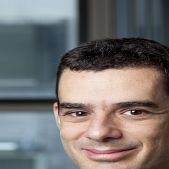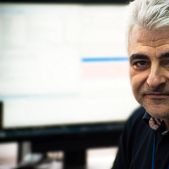
Τhe European Research Council funds 5 Greek researchers
The European Research Council (ERC) has announced the awarding of its prestigious Advanced Grants to 277 senior researchers. Among the 277 researchers there are also 5 Greek scientists. The funding, worth in total €647 million, will enable them to pursue their most promising ideas and carry out frontier research with potentially ground-breaking impact on science and society beyond. The grants are awarded under the ‘excellent science’ pillar of Horizon 2020, the EU’s research and innovation programme.
1.Anastasiou Charalampos
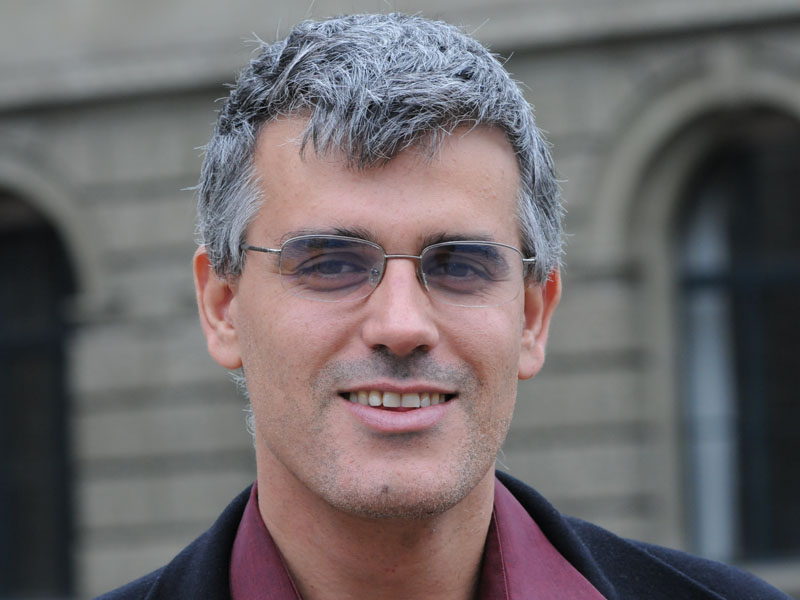
Anastasiou Charalampos is from theSwiss Federal Institute of Technology Zurich (ETH Zurich) for the Automatization of perturbative QCD at very high orders.
2.Ntziachristos Vasilis
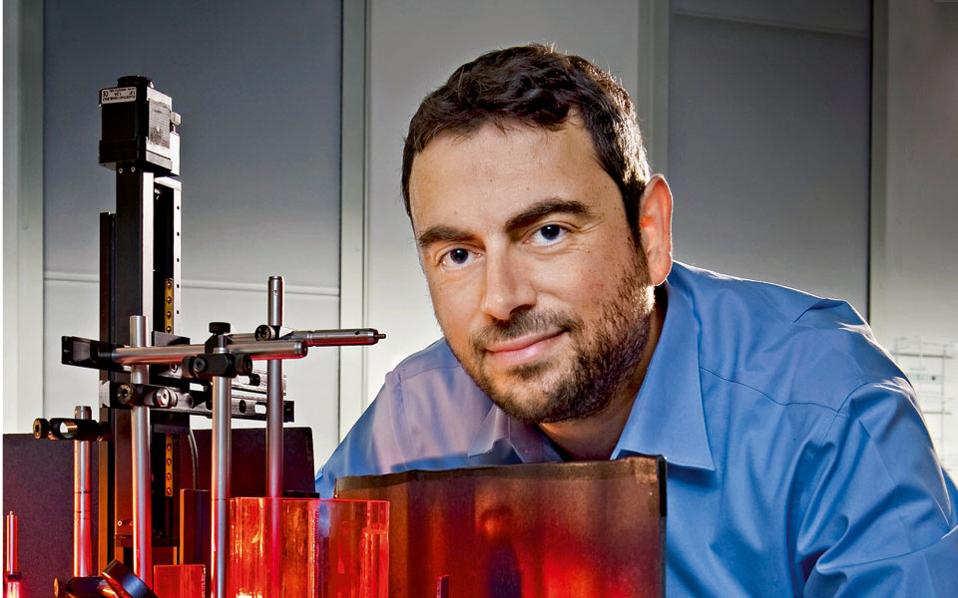
Ntziachristos Vasilis from Helmholtz-German Research Centre for Environmental Health for Precision Multi-Spectral Optoacoustic Tomography for Discovery Diagnosis and Intervention
3. Fytas George
Fytas George from the Greek Foundation for Research and Technology for Smartphon Small – and nano – scale soft Phononics
4.Tavernarakis Nektarios
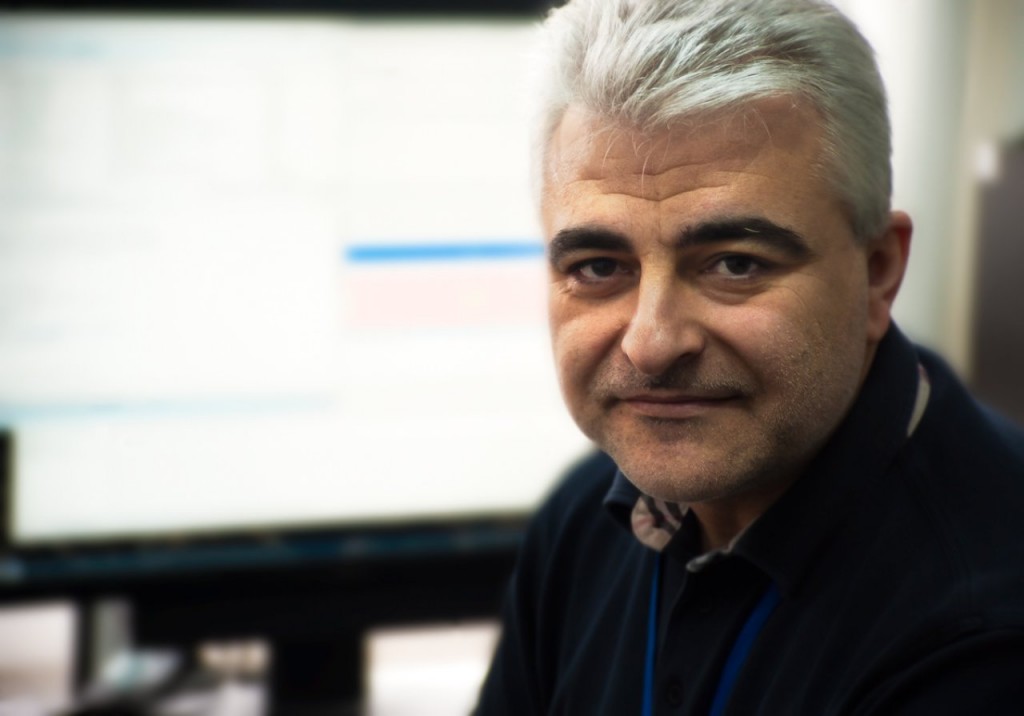
Tavernarakis Nektarios from the Greek Foundation for Research and Technology for MacroAutophagy and Necrotic Neurodegeneration in Ageing
5. Averof Michalis
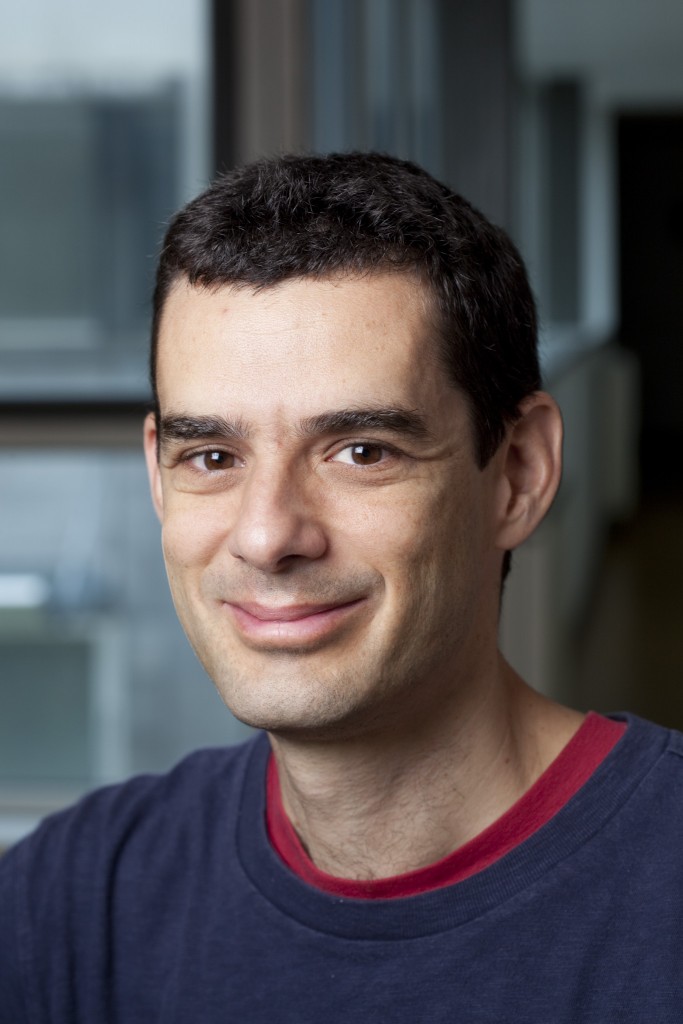
Averof Michalis from the National Center for Scientific Research (CNRS) for unraveling complex organ regeneration through live imaging and molecular profiling approaches.
On this occasion, Carlos Moedas, European Commissioner for Research, Science and Innovation, said: “Through EU funding, the European Research Council is enabling the best minds in the world to create a better future for us all. These talented researchers are an integral part of what keeps us globally competitive. Their work will lead to new knowledge, it will fuel innovation and it can bring about market-creating innovation − generating employment opportunities and economic growth for Europe. Most importantly, the ideas developed by ERC grantees can lead to better, healthier, more innovative societies, if we engage Europeans in realising their potential.”
The President of the ERC, Professor Jean-Pierre Bourguignon, commented: “It is inspiring to see both the quality and ambition of the projects submitted by the distinguished researchers to whom these grants have been awarded. The ERC was given the task to support cutting-edge and risky research to allow scientists to push the frontiers of knowledge. I look forward to seeing what breakthroughs and major advances will come out of these projects whose main driver was scientific curiosity.”
The research projects proposed by the new grantees cover wide range of topics from physical sciences and engineering, life sciences, and social sciences and humanities.

